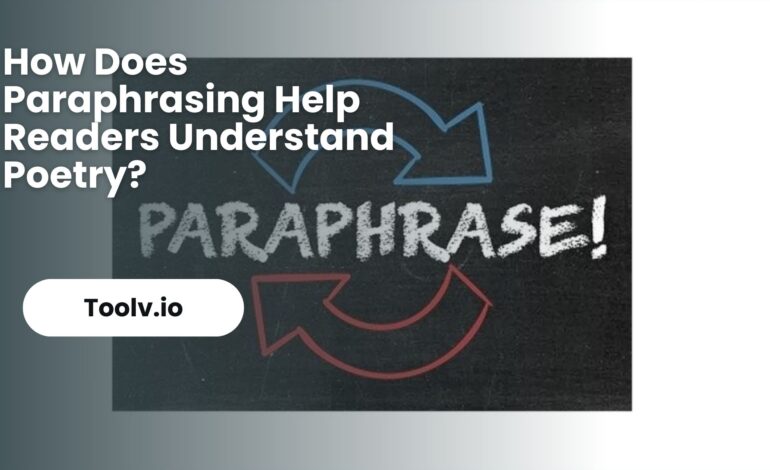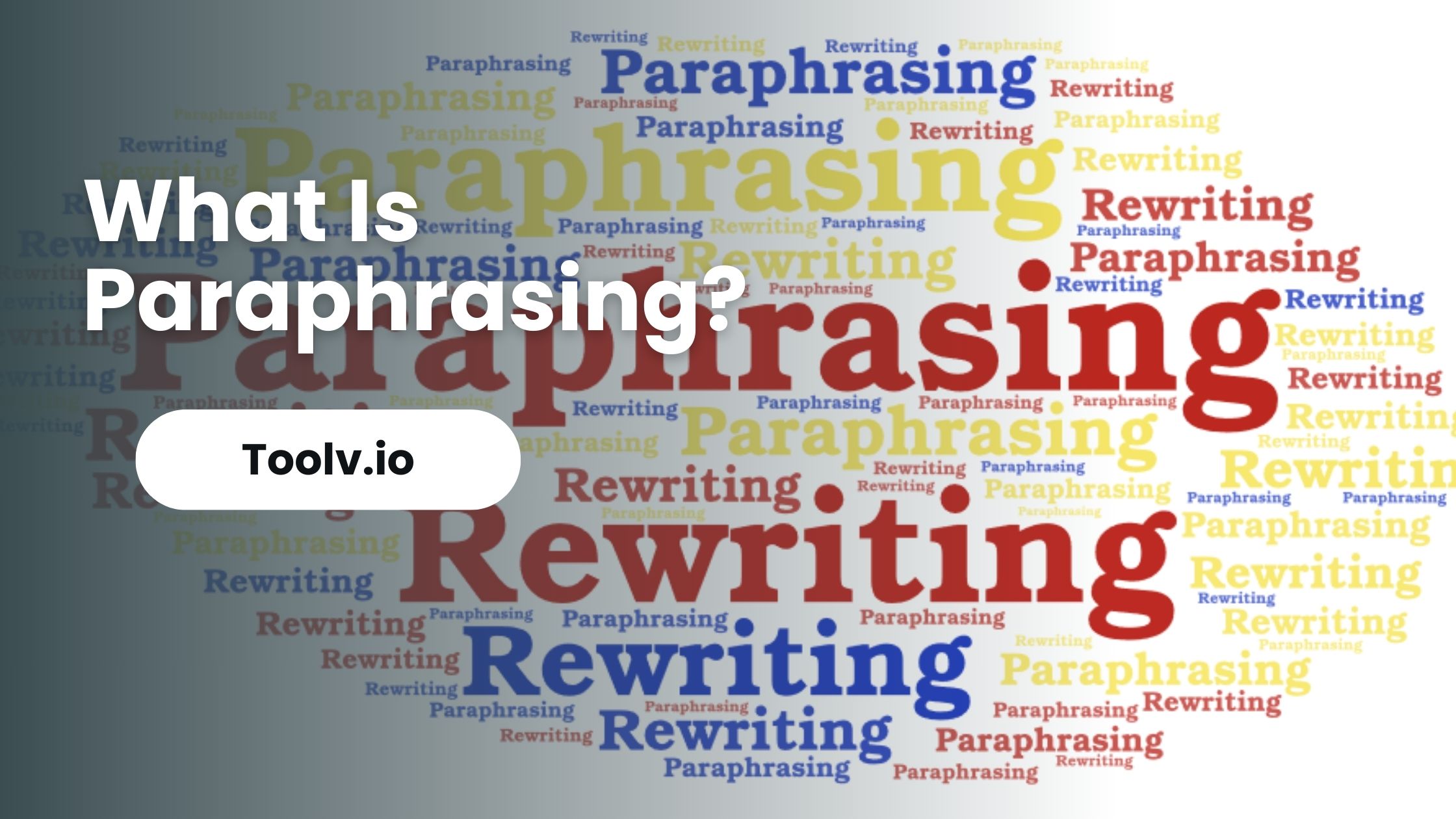How Paraphrasing Quotes?

Paraphrasing quotes means rewriting someone else’s words in your own unique way. It’s about keeping the original meaning but using different words and structures. This skill is important for writing essays, reports, or any content where you use information from other sources.
In this article, we will discuss the steps and techniques for effective paraphrasing. We’ll cover how to understand the original quote, use synonyms, change sentence structures, and still maintain the original meaning.
How Do You Paraphrase a Quote?
When paraphrasing a quote, read it repeatedly to fully grasp the meaning. Identify the key points. Attempt to restate the quote in your own words while keeping these main ideas intact.
This shows comprehension and allows you to reshape the quote linguistically. However, the paraphrased content still requires citation. After rewriting the quote ideas in your own voice and style, directly follow it with an in-text citation naming the original author and year.
This properly credits the originating quote source while enabling you to alter vocabulary and structure. Accurate paraphrasing together with citations enriches writing while avoiding plagiarism allegations.
How Do You Quote Someone Paraphrasing?
When you quote someone who is paraphrasing, you must cite both the secondary source you are quoting and the original primary source. Use an introductory phrase naming the secondary source, followed by their quote paraphrasing the primary source.
After the quote, include a parenthetical citation with the secondary source’s name and page number if available. In the reference list, fully cite the secondary source. Also, cite the primary source used in the paraphrased passage.
This doubly credits both the original author and the intermediate paraphrase you incorporate as a quote. Proper transparency regarding all content origins strengthens academic and journalistic integrity.
Should I Paraphrase a Quote?
Yes, it’s often a good idea to paraphrase a quote rather than directly quoting, for a few reasons:
- Paraphrasing shows you understand the quote and can restate it in your own words. This helps integrate the ideas better into your writing.
- Overusing too many direct word-for-word quotes can make your writing sound choppy and disjointed. Effective paraphrasing allows a smoother flow.
- Paraphrasing quotes and citing the original author avoids issues of plagiarism and copyright violation while still letting you incorporate useful quotes.
- Putting quotes in your own words suits your unique writing voice better than inserting verbatim passages.
However, some key quotes can be useful to insert word-for-word if they have significant rhetorical power or turn of phrase. Powerful one-liners also sometimes work best quoted directly.
But for most quote use cases, paraphrasing is best. It demonstrates comprehension while allowing you to mold relevant quotes to enrich your writing style specifically.
Just remember to cite the original quote author properly when paraphrasing, using an introductory signal phrase and in-text parenthetical citation linking to full source details in your reference list.
FAQs
What Does It Mean to Paraphrase a Quote?
Paraphrasing a quote means rewording or rephrasing the original text while maintaining its original meaning. It involves expressing the same ideas in your own words, often to clarify the original message or to make it more understandable in a different context.
How Do You Ensure Accuracy When Paraphrasing a Quote?
To ensure accuracy, read the original quote multiple times to fully understand its meaning. Avoid changing any crucial information or the original intent. It’s also helpful to compare your paraphrased version with the original to ensure that it accurately reflects the same ideas.
Is Paraphrasing Quotes Considered Plagiarism?
Paraphrasing is not considered plagiarism as long as it is done correctly – this means rewriting the quote in your own words without altering the original meaning and giving proper credit to the original source.
Can Paraphrasing Change the Impact of a Quote?
Yes, paraphrasing can change the impact of a quote. The way a message is worded can significantly affect its tone and emphasis. Paraphrasing can either enhance the clarity and relatability of the quote or, if done poorly, can dilute its original impact or alter its meaning.
Conclusion
Paraphrasing quotes requires rewriting the original quote in your own words while retaining the core meaning. Identify the key ideas in the quote to accurately restate and cite the original speaker.
Useful tools like Toolv.io can help generate paraphrased suggestions to jumpstart the process. This paraphrasing tool enables you to reshape relevant quotes and incorporate research while avoiding plagiarism through accurate credits.
For more information about how to convert text to speech, click our how to convert text to speech post. For free text to speech tools click on our free text to speech tool post.





